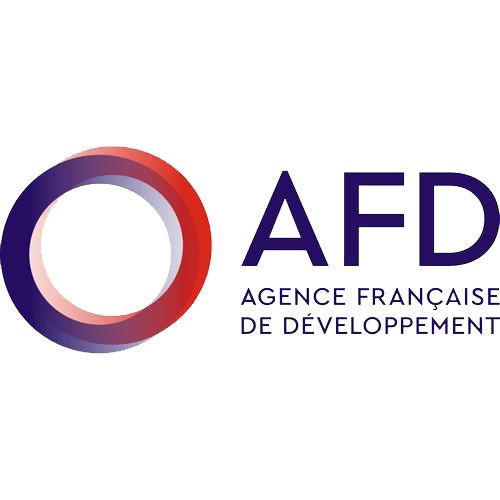L’Union pour la Méditerranée, l’Union Européenne, l’Agence Française de Développement et la Banque Européenne d’Investissement, s’engagent pour réussir la transition vers des villes méditerranéennes durables.
L’Initiative pour le Financement de Projets Urbains (UPFI) accompagne les porteurs de projets dans le sud et l’est de la Méditerranée pour préparer et financer des projets de développement urbain ambitieux et novateurs qui visent tout à la fois la création d’emplois, la réduction de la pauvreté et la mise à niveau urbaine
Bienvenue sur le site internet d’UPFI, pour tout savoir sur l'avancée de l'initiative et la construction de villes méditerranéennes durables.

dans la réégion

bénéficiaires
quinzaine
de projets
identifiés
 projet
projeten cours
d'études de
faisabilité
dans la région
internationales
engagées
 Projet
Projet
Lancement du marché d'appel d'offre pour le projet Bouregreg
Lorem ipsum dolor sit amet, consectetur adipiscing elit. Etiam mi felis, rutrum quis massa non, volutpat viverra nisl. Class aptent taciti sociosqu ad litora torquent per conubia nostra, per inceptos himenaeos.Lorem ipsum dolor sit amet, consectetur adipiscing elit. Curabitur non nulla condimentum, tincidunt ex a, accumsan eros.
Dernieres Ressources
Lorem ipsum dolor sit amet, consectetur adipiscing elit. Etiam mi felis, rutrum quis massa non, volutpat viverra nisl. Class aptent taciti sociosqu ad litora torquent per.

Lorem ipsum dolor sit amet, consectetur adipiscing elit. Etiam mi felis, rutrum quis massa non, volutpat viverra nisl. Class aptent taciti sociosqu ad litora torquent per.

Découvrez
les dernieres
actualités
de l'UPFI
via notre
newsletter !
upfi-med.eib.org/ar




